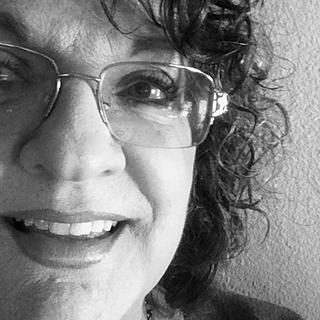Self-Care Awareness Month
- Susan Traugh
- Sep 1, 2024
- 2 min read
Updated: Nov 4, 2024

Teaching teens self-care is a vital skill for adult living. September is Self-Care Awareness Month and a good time to teach teens with special needs how to take care of themselves. Self-Care involves a variety of skills young people need to live healthy lives and understanding the basics of those skills can be—literally—life-saving.
Increasing Awareness of Self-Care
Self-Care Awareness starts with that very awareness that self-care is necessary. Many teens, especially those with special needs, are used to their parent or guardian taking charge of their care needs or having that teen belief that they are invincible and don’t need self-care. Recognizing that healthiness begins with regular self-care can be a revelation for some young people and providing them with the knowledge of what that self-care entails can be vitally useful.
Ideas for Self-Care Lessons
The free lesson provided here gives students the ten basics of self-care. (For example, don’t drink and drive, exercise, eat well, stay hydrated, etc.) You can build on those basics by allowing students to research the benefits of one of those ten basics, or have them create a poster defining that self-care rule. Let students form groups to create a public service announcement about the benefits of sleep, or exercise, or whatever.
Next, students are introduced to basic self-maintenance. How often should they change their toothbrush? When should they test their blood-pressure, or have their teeth cleaned, or get a flu shot?
Finally, students are quizzed on this information to test for comprehension.
For More Information
If you like what you see, go to our Teachers Pay Teachers Website, or check us out our shop on our very own T2L & DLS Website! Books are written on a 3rd/4th grade level and include grading sheets, answer keys and parent information letters to comply with federal standards for transition skills. The Teacher’s Manual (sold separately) provides information on program set-up and maintenance along with pre/post-assessments, written ITP (Individual Transition Plan) goals for each book, and parent/student interest inventories.


























Comments